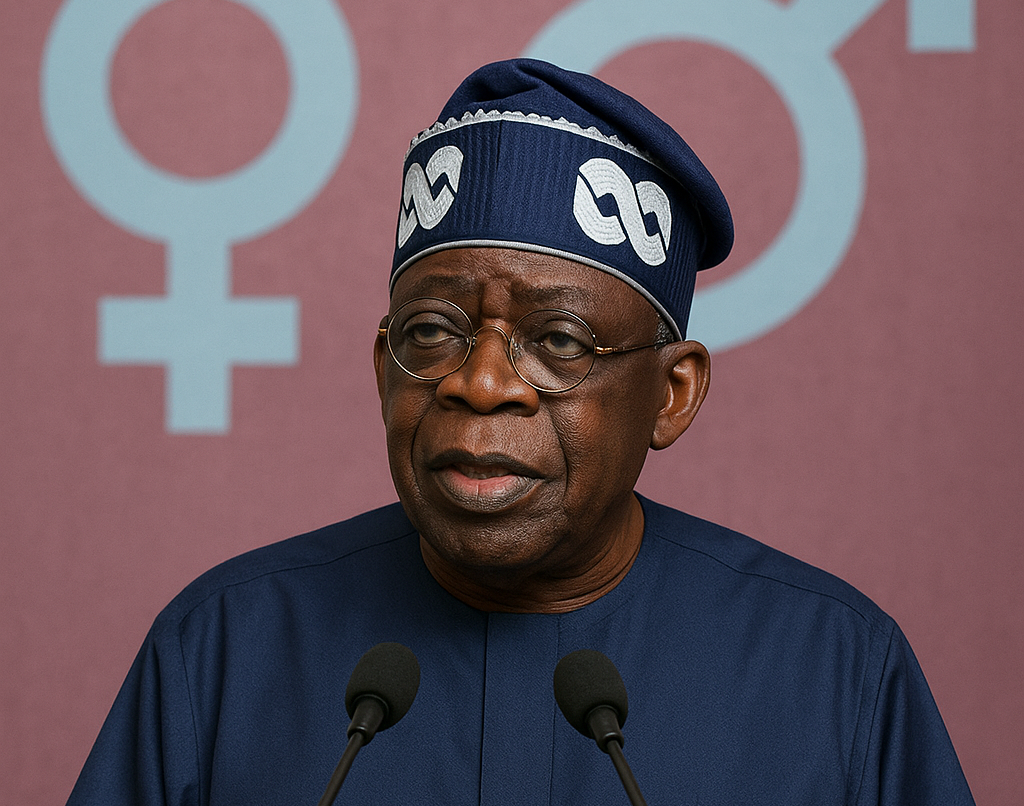BUSINESS &ECOMONY

EXPERTS RAISE ALARM AS FG EXCEEDS 2025 BORROWING TARGET BY 55.6%
Experts Express Fear as FG Exceeds 2025 Borrowing Target by 55.6%
Economic experts have expressed deep concern as the Federal Government (FG) under President Bola Tinubu has exceeded its 2025 borrowing target by a massive 55.6%, heightening fears of a worsening debt crisis.
According to fiscal data, the government borrowed ₦17.36 trillion from both domestic and foreign sources in the first ten months of 2025—₦6.06 trillion above the prorated borrowing target of ₦10.9 trillion set in the 2025 Appropriation Act.
With total approved borrowing for the full year pegged at ₦13.08 trillion, financial analysts warn that the excess borrowing could balloon to nearly 80% above the annual target by year-end.
As of October 2025, the government has raised ₦15.8 trillion domestically, alongside ₦1.56 trillion in external loans in the first half of the year. The FG is also seeking an additional $2.35 billion (₦3.38 trillion) via Eurobond issuance, which would bring total borrowing to ₦20.74 trillion.
Under the 2025 budget, total expenditure was set at ₦54.99 trillion against projected revenue of ₦41.91 trillion, leaving a planned deficit of ₦13.08 trillion to be financed through debt.
However, experts are warning that the government’s overspending and revenue underperformance could lead to a debt trap, restrict private-sector credit, and weaken investor confidence.
🔍 What Experts Are Saying
1. Fiscal Indiscipline and Cost of Governance
Andrew Uviase, Managing Partner at Ecovis OUC, described the borrowing spree as “a clear reflection of fiscal indiscipline and poor expenditure control.”
He argued that the government’s “unrestrained spending and weak revenue mobilisation” are major red flags, warning that without transparency and accountability, borrowing will remain excessive.
2. Unrealistic Revenue Assumptions
David Adonri, Vice Executive Chairman of Highcap Securities, faulted the budget’s “aggressive and unrealistic revenue projections,” particularly for oil.
He noted that the budget was based on an oil output target of 2.06 million barrels per day (mbpd) at $75 per barrel, while actual output has averaged 1.6–1.7 mbpd, with oil prices dropping to about $65.
According to him, “The government’s addiction to debt continues to undermine fiscal consolidation and long-term growth.”
3. Rising Debt-Service Costs
Public affairs analyst Clifford Egbomeade linked the borrowing surge to weak revenue performance and rising debt servicing costs.
He said low oil production, inflation, and sluggish tax receipts have forced the FG to rely heavily on domestic debt markets, where bond yields now exceed 20%, worsening fiscal pressure.
💰 Debt Breakdown
Data from the Debt Management Office (DMO) and Central Bank of Nigeria (CBN) show:
₦11.43 trillion borrowed through Treasury Bills, up 4.6% year-on-year (YoY).
₦4.04 trillion through FGN Bonds, a 22% YoY decline.
₦40.19 billion via FGN Savings Bonds, up 5.6% YoY.
₦300 billion raised through Sukuk Bonds, compared to zero issuance in 2024.
⚠️ Outlook
Analysts warn that if borrowing continues at this pace, Nigeria could face a debt sustainability crisis in the coming years, with rising interest payments consuming an ever-larger share of national revenue.
"This represents a significant development in our ongoing coverage of current events."— Editorial Board









